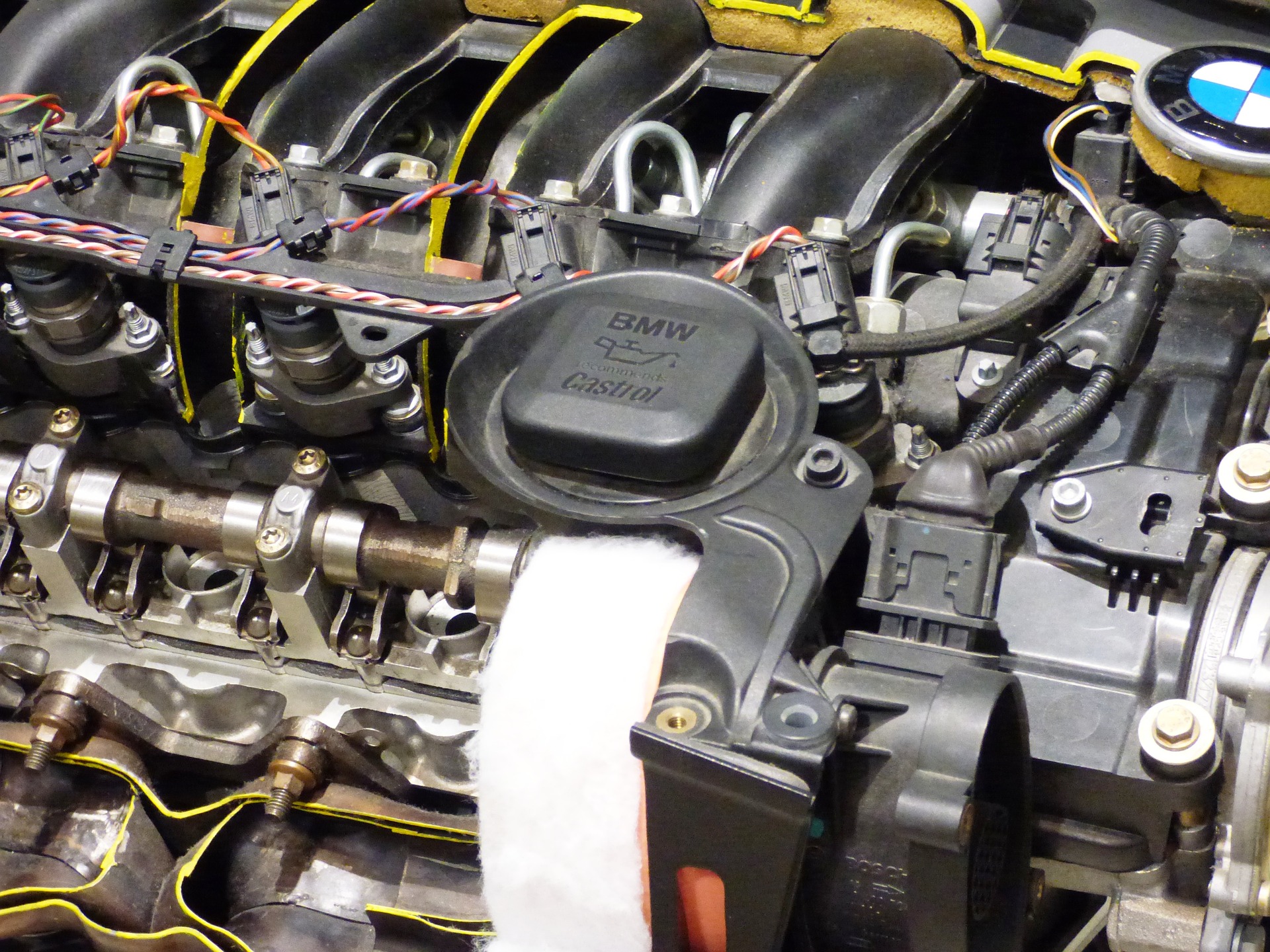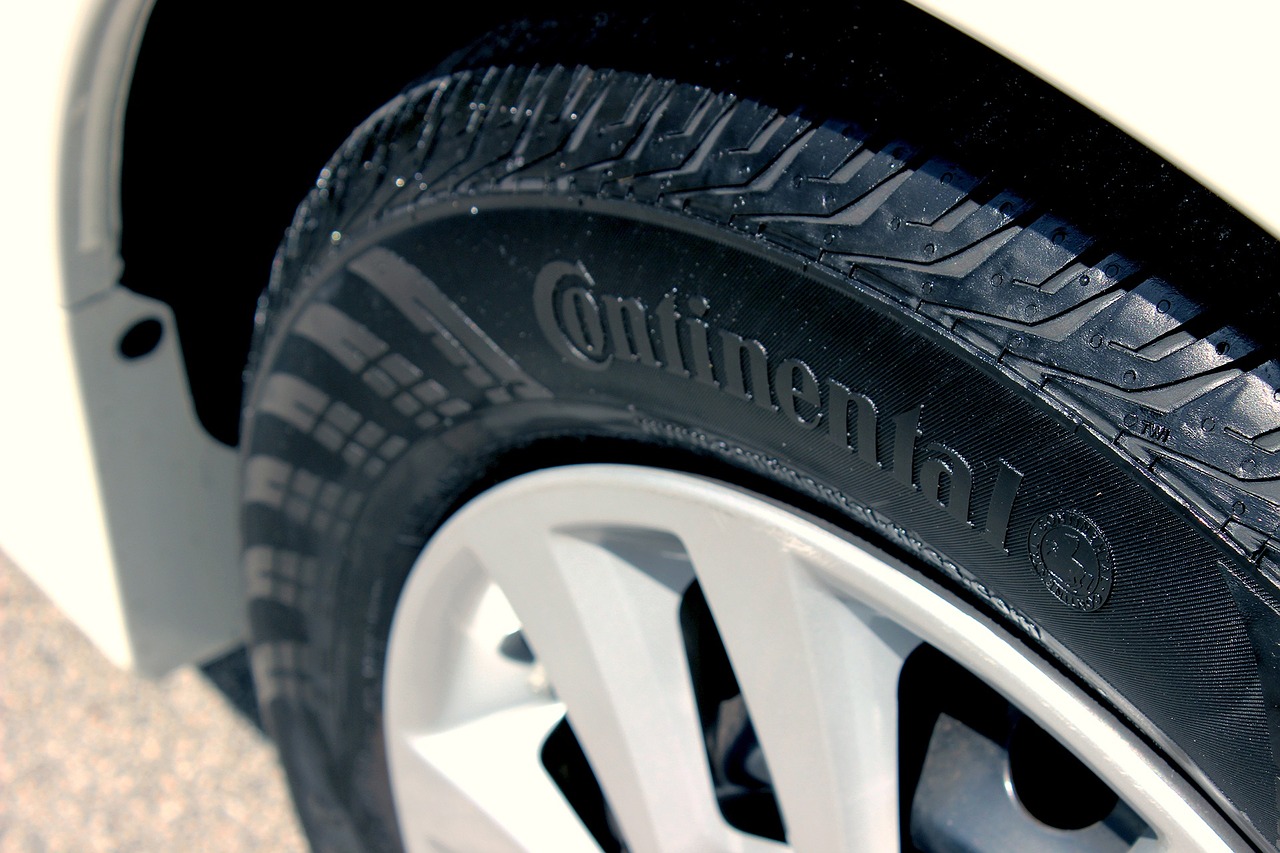When your car is running smoothly, it’s easy to overlook regular upkeep. However, to enjoy a trouble-free car, it’s essential to give it the care it deserves. Neglecting maintenance can lead to unexpected breakdowns and costly repairs, making that dreaded trip to the garage which will give you a harsh reminder of why car care matters.”
Vehicle repairs can be an expensive nuisance that most of us would rather avoid. If you don’t know where to start when it comes to caring for your car, stay tuned as the team at Ocean loans share some of their top tips.
Newer cars will usually need less maintenance, but as your car ages you may find that you need to increase the frequency of your checks.
Engine oil
Quite simply, without engine oil your engine won’t run. If you let your oil levels get too low, friction in your car’s engine will increase, which can result in overheating and engine failure.
To prevent any oil-related disasters, be sure to make a point of regularly checking your oil levels and top-up when required. Be careful not to top-up too much though, as this can have a harmful impact on your motor too – such as high pressures and leaks. Different engines needs different types of oil – check your car’s manual for what’s suitable for yours.
How often: It’s a good idea to check your oil once a week or so. You should do it when your car is cold – the oil takes time to drain down into the bottom of the engine when you switch off the engine.
Brake fluid
Without brake fluid your brakes won’t work, making it an incredibly important safety check. If your car’s brake fluid leaks or lets in too much air, your ability to come to a halt will be compromised – which, needless to say, is a serious safety concern.
When checking the brake fluid levels, keep an eye out for the colour – it should be a golden colour; if it’s turned brown it needs to be replaced.
How often: When your check your oil.
Coolant
Again, the clue’s in the title. Coolant helps your car to maintain a healthy temperature. If you let your coolant run low there’s a good chance your vehicle will overheat, which can in turn result in it breaking down. Remember, only check your coolant levels when your engine is cold as otherwise you risk burning or scalding yourself.
Don’t forget, you’ll usually need to add antifreeze to the coolant in the winter too.
How often: At least twice a year.
Tyres
Damage to your tyres – such as cuts, breaks and abrasions – can be extremely hazardous, causing unexpected blow-outs if neglected for long enough. As well as keeping an eye on the general wear and tear of your tyres, you also need to be wary of their tread.
Common, avoidable causes of tread wear include under or over-inflated tyres, faulty breaks or shock absorbers and uneven wheel alignment. Under inflated tyres will also reduce fuel economy – increasing the cost of your motoring.
How often: At least once a month and before long journeys.
Latest posts by (see all)
- Virtual Vehicle Inspections: What to Expect - February 10, 2025
- Reaching the Right Drivers: Targeted Online Advertising Strategies for Commercial Vehicles - June 14, 2024
- Hitting the Road in Style and Comfort: Popular Car Models for Minicabs - June 14, 2024








